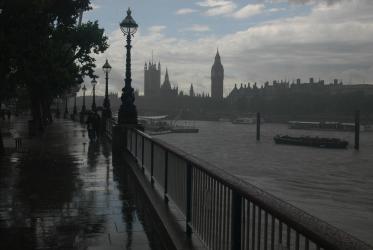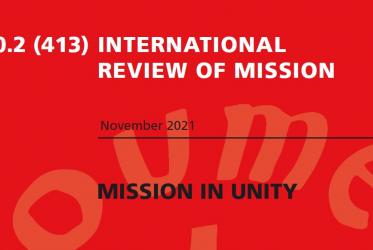Displaying 1 - 20 of 163
Thirty days that changed the ecumenical movement
23 October 2023
Migrants in Argentina find listening ears and open hearts
04 November 2022
World mourns loss of Archbishop Desmond Tutu
30 December 2021













